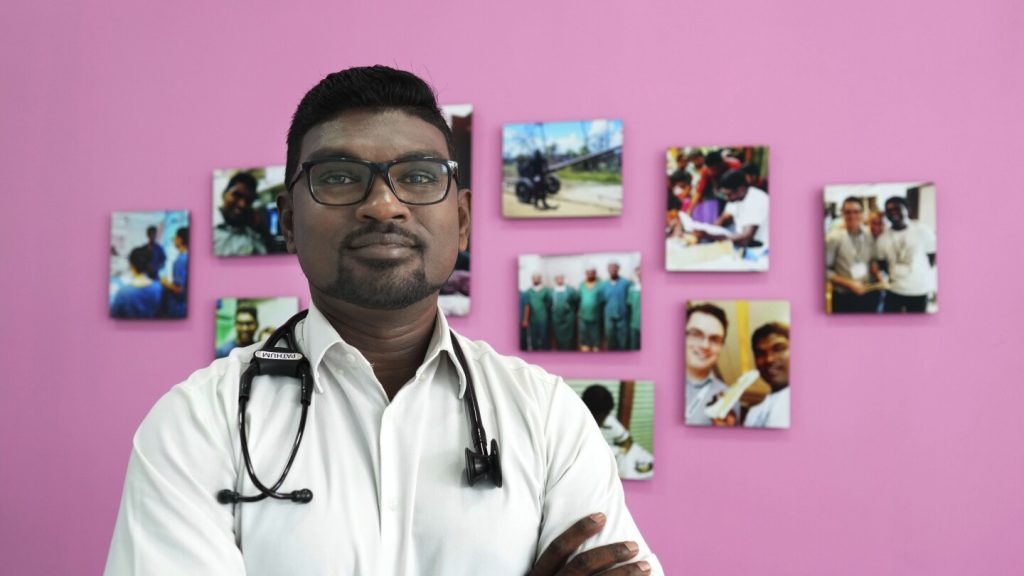Sri Lanka is gearing up for its first presidential election since the massive public uprising two years ago that led to the ousting of former President Gotabaya Rajapaksa. The country experienced economic collapse, sparking unrest among the population who were fed up with corrupt leaders, economic mismanagement, and the entrenched power of the political old guard. Despite the change in leadership, many citizens still feel that the current government is largely made up of the same politicians who have ruled for decades, leading to ongoing dissatisfaction among the populace. The protests aimed to bring in a new leader who could address the country’s economic woes and put an end to political turbulence.
The current Prime Minister, Ranil Wickremensignhe, was appointed after Rajapaksa fled the country. While he has made progress in stabilizing Sri Lanka’s economy, discontent remains strong as his economic policies have increased the cost of living for many citizens. Moreover, many of the demands of the protest movement, such as accountability for the economic crisis and curtailment of presidential powers, have remained unmet. This has led to frustration among former protesters, who feel that the government has not delivered on its promises for significant political reform.
Former protesters like Pathum Kerner and Ajantha Perera are calling for a shift in power away from the presidency towards a more powerful parliament and prime minister. They believe that the executive presidency is a hindrance to progress and that stripping the president of most of their powers is necessary for a more democratic system. However, there are divisions among former allies on the course that the country should take, with differing opinions on how to achieve meaningful political change in Sri Lanka.
As the country prepares for the upcoming presidential election, Wickremensignhe’s main challengers, opposition leader Sajith Premadasa and parliamentarian Anura Dissanayake, have promised significant political changes if elected. Dissanayake, in particular, has pledged to nationalize the country’s resources to spur growth, a move that has raised concerns among some former protesters. Political splits among former protesters indicate a healthier democracy in Sri Lanka, with a shift towards a more politically conscious population that demands systemic change from its leaders.
Human rights lawyer Swasthika Arulingam, a member of the minority Tamil community, is actively involved in running a campaign for a candidate from the newly formed People’s Struggle Alliance, a leftist political movement vying for a place in Sri Lanka’s political landscape. While Arulingam acknowledges that her party may not win the upcoming election, she is prepared to continue fighting for change and mobilizing supporters if the country’s politicians fail to meet the demands of the people. The political landscape in Sri Lanka is evolving, with a growing emphasis on accountability, systemic change, and the empowerment of a more politically engaged population.


